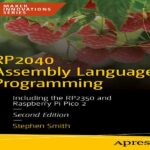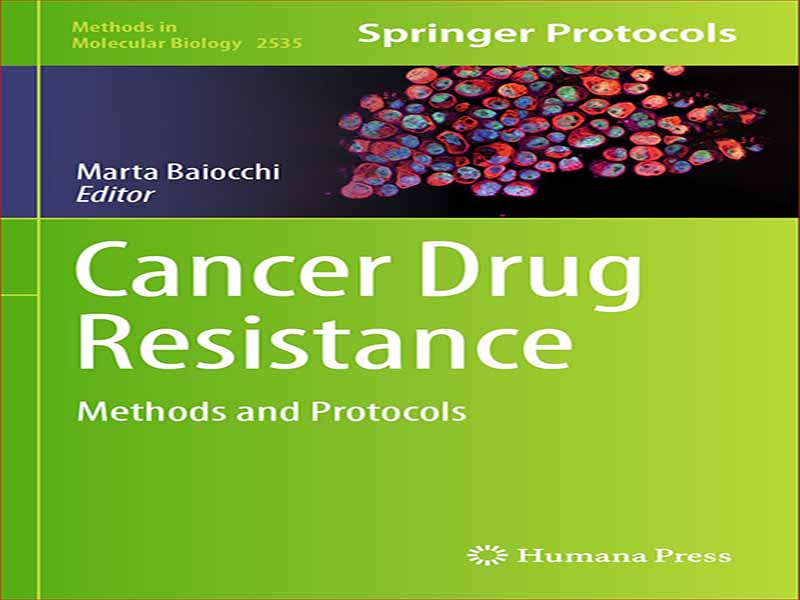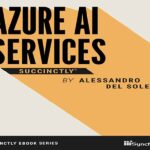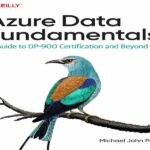- عنوان کتاب: Cancer Drug Resistance Methods and Protocols
- نویسنده: Marta-Baiocchi
- حوزه: سرطان, مقاومت دارویی
- سال انتشار: 2023
- تعداد صفحه: 247
- زبان اصلی: انگلیسی
- نوع فایل: pdf
- حجم فایل: 20.8 مگابایت
علیرغم پیشرفت های اخیر در درمان سرطان، مقاومت دارویی همچنان یکی از علل اصلی مرگ و میر در بیماران است که نه تنها بر شیمی درمانی های نسل اول بلکه بر داروهای جدید و مبتنی بر مسیر تأثیر می گذارد. بنابراین، این یک چالش مستمر برای تلاشهای تحقیقاتی بالینی و پایه است. حجم عظیمی از تحقیقات انجام شده در مورد این موضوع، فعل و انفعال پیچیده ای از مکانیسم های مختلف بیولوژیکی، تعامل و همکاری در توسعه مقاومت دارویی را آشکار می کند. با هدف بهبود نتایج کلی بالینی بیماران سرطانی، کالبد شکافی این شبکه گسترده از رویدادهای مولکولی و بیولوژیکی یک وظیفه بسیار مهم است که به طور ضروری به روشهای محکمی هم برای تحقیقات پایه و هم برای مطالعات پیش بالینی قابل اعتماد نیاز دارد. دانش رو به رشد تغییرات ژنی مرتبط با مقاومت دارویی اکنون با افزایش قابلیت تجزیه و تحلیل رویدادهای غیر ژنتیکی مانند تغییرات اپی ژنتیکی و متابولیکی، ناهمگونی سلول های تومور و تعاملات سلولی بین تومور و ریزمحیط به تدریج در حال ادغام است. مفهوم سلول های بنیادی سرطانی، به نوبه خود، بر مفهوم مقاومت به داروی سرطان تأثیر می گذارد، به دلیل ویژگی های پویایی آنها که آنها را قادر می سازد به حالت های ساکن یا مقاوم در برابر دارو تبدیل شوند. این کتاب با هدف ارائه یک راهنمای عملی پیشرفته، انواع پروتکلهای مختلف را گرد هم میآورد که همگی در جهت شناسایی عوامل تعیینکننده مقاومت دارویی سرطان با رویکردهای مختلف، در سطوح مولکولی، سلولی و/یا عملکردی طراحی شدهاند. پروتکلها از روشهای کشت سلول سرطانی میکروسیالی و روشهای همکشت سلول تومور-ریزمحیط، تا جریانهای کاری برای ارزیابی عملکردی مقاومت دارویی در شرایط آزمایشگاهی و درون تنی، تا تکنیکهای کمی برای شناسایی سلولهای در حال گردش خون ساکن، تا تکنیکهای شناسایی تک سلولی، مانند توده سیتومتری. رویکردهای به روز شده برای تجزیه و تحلیل های ژنومی و اپی ژنومیک، ترانسکریپتومیک و متابولومیک نیز شرح داده شده است، که به طور مهمی شامل روش های محاسباتی پیشرفته برای مرتب سازی و تجزیه و تحلیل مجموعه داده های بزرگ است. با توجه به تنوع تکنیکهای توصیفشده، ما معتقدیم که این جلد نه تنها راهنمای بهروز شده روشهای جدیدترین روشها را در اختیار خوانندگان قرار میدهد، بلکه یک مرور کلی هیجانانگیز از طیف گستردهای از رویکردهای فعلی و در حال تکامل برای درک و غلبه بر مقاومت دارویی ضد سرطان را در اختیار خوانندگان قرار میدهد.
Despite the recent advancement in cancer treatment, drug resistance still constitutes a major cause of death in patients, affecting not only first-generation chemotherapies but also new-concept, pathway-directed drugs. Thus, it represents a continuous challenge for both clinical and basic research efforts. The enormous amount of research conducted on this topic keeps disclosing a complex interplay of different biological mechanisms, interacting and cooperating in the development of drug resistance. To the aim of improving the overall clinical outcome of cancer patients, dissecting this wide web of molecular and biological events is a task of the utmost importance, which imperatively requires solid methodologies, both for basic research and for reliable preclinical studies. The growing knowledge of gene alterations associated with drug resistance is now being progressively integrated by an increased capability to analyze nongenetic events such as epigenetic and metabolic changes, tumor cell heterogeneity, and cellular interactions between tumor and microenvironment. The concept of cancer stem cells, in turn, is influencing the concept of cancer drug resistance, owing to their dynamic features that make them capable of transitioning to quiescent or drug-resistant states. Aimed to give a state-of-the-art practical guide, this book brings together a variety of different protocols, all geared toward identifying cancer drug resistance determinants by different approaches, at the molecular, cellular, and/or functional levels. Protocols range from microfluidic cancer cell culture and tumor-microenvironment cell co-culture methods, to workflows for functional assessment of drug resistance in vitro and in vivo, to quantitative techniques for identifying quiescent blood-flow circulating cells, to single-cell characterization techniques, such as mass cytometry. Updated approaches to genomic and epigenomic, transcriptomic, and metabolomic analyses are also described, importantly also including advanced computational methods for large dataset sorting and analysis. Given the diversity of techniques described, we believe this volume will provide readers not only with an updated how-to guide to the latest methods but also with an exciting overview of the wide variety of current, evolving approaches to understanding and overcoming anticancer drug resistance.
این کتاب را میتوانید بصورت رایگان از لینک زیر دانلود نمایید.



































نظرات کاربران